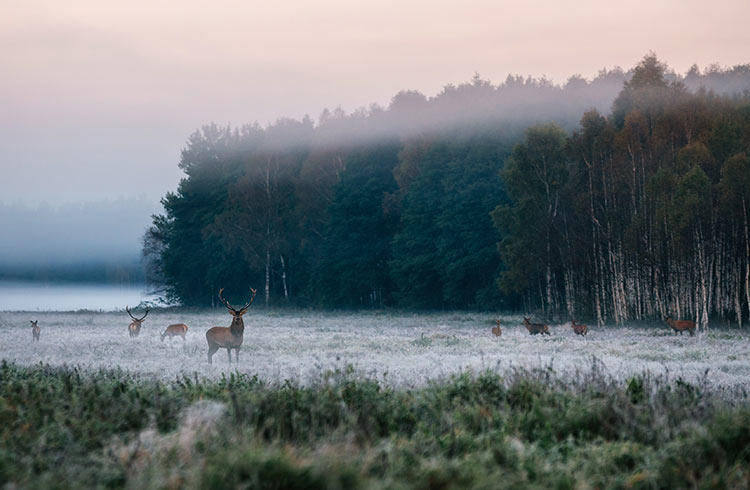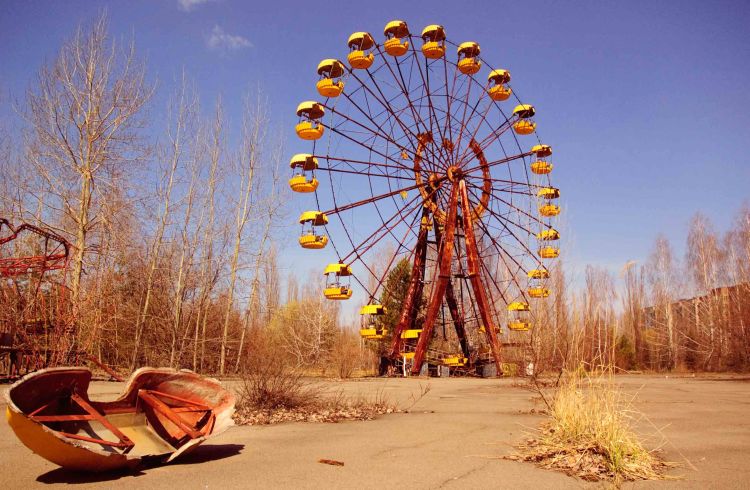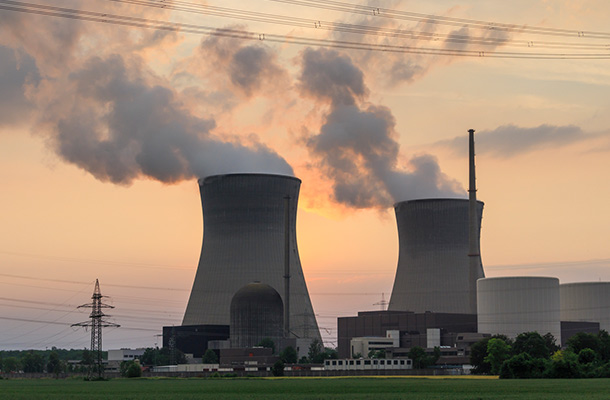Radiation in Belarus: What Travelers Need to Know
Our safety expert shares his tips on hygiene and staying healthy while traveling this landlocked country in Eastern Europe.
 Photo © Getty Images/Andrei Bortnikau / EyeEm
Photo © Getty Images/Andrei Bortnikau / EyeEm
So, you've survived the border checks, random identification checks, the potential threat of terrorism, and driving in Belarus's countryside. But what about radiation and tuberculosis?
Radiation in Belarus
The Chernobyl nuclear disaster of 1986 on the Ukraine/Belarus border still has serious effects on the local population. Rising rates of cancer and birth defects are some of the more obvious effects seen today. Some 70% of the radiation fallout from the disaster landed on Belarus, affecting farmland, some river and lake systems and food sourced from forests.
However, these days most food in Belarus is considered to have safe levels of radiation, due to regular testing. However, it's best to avoid all local dairy products, forest mushrooms, forest fruit or any farm food from market or street side stalls, as well as water from village wells.
In cities it's a good idea (but not mandatory) to boil, then filter tap water before drinking it. Alternatively, bottled water is widely available – but the impact on the environment isn't ideal.
Other Health Issues in Belarus
The other major threats to health in Belarus are tick-borne encephalitis and Lyme disease in heavily wooded areas and more generally Tuberculosis is on the rise.
To protect against Encephalitis take the following measures in forest areas:
- Cover any exposed skin in dense undergrowth
- Use and frequently reapply an insect repellent that contains DEET
- Check yourself for ticks during and after walking in forested areas
- The incubation period for tick-borne encephalitis is 7-14 days, so if you experience any flu like symptoms in this time, seek medical attention as a matter of urgency.
Tuberculosis (TB) is a very serous bacterial infection that primarily targets the lungs. It is contagious, however you are unlikely to be infected by casual passers by. Infection is caused when you are in consistent, close contact with someone suffering from TB. You can mitigate the risks of infection by a few simple means:
- Avoid any prolonged contact with anyone who has a persistent cough
- Eat well and get plenty of exercise
- Sunlight kills the TB bacteria, so spend plenty of time in the outdoors.
Recommended Vaccinations for Belarus
See your travel doctor before you go for the best advice that is right for you. But, here are a few recommended immunisations for Belarus:
- Hepatitis A and B
- Rabies (which is on the increase in Belarus)
- Typhoid
- Tetanus
- Diphtheria
- Polio
The healthcare system in Belarus can be extremely limited in rural areas, and not always up to scratch in the cities. If you fall seriously sick or are badly injured, contact your consular department for assistance, or your travel insurance provider.
Related articles
Simple and flexible travel insurance
You can buy at home or while traveling, and claim online from anywhere in the world. With 150+ adventure activities covered and 24/7 emergency assistance.
Get a quote

No Comments